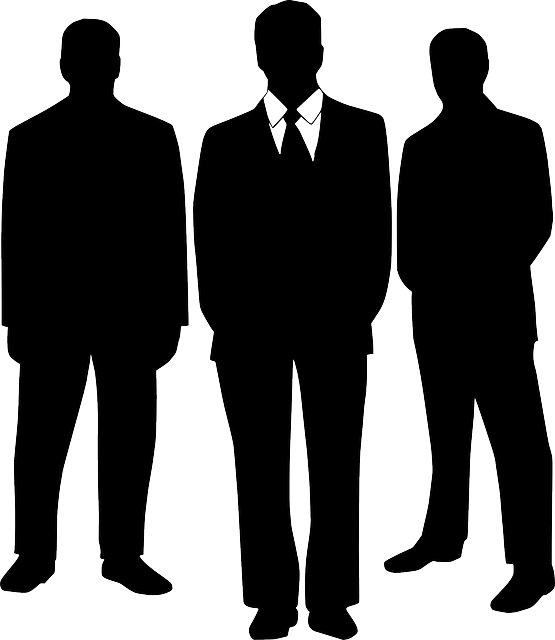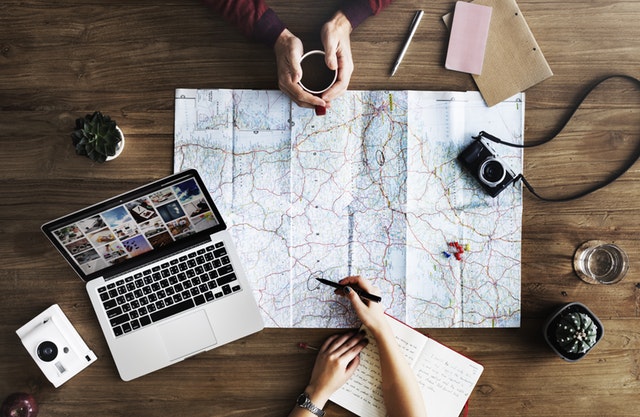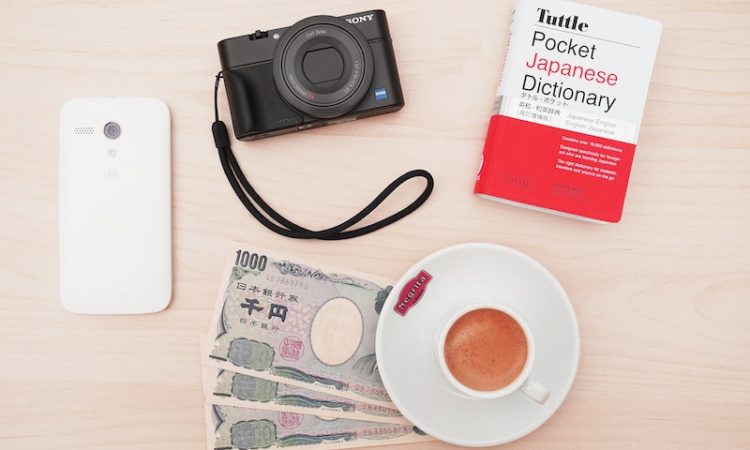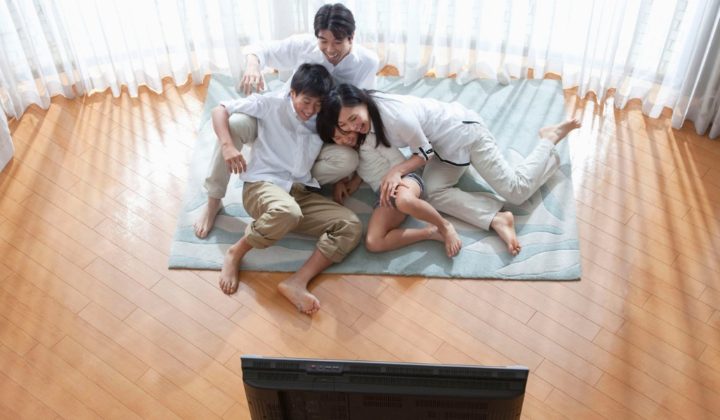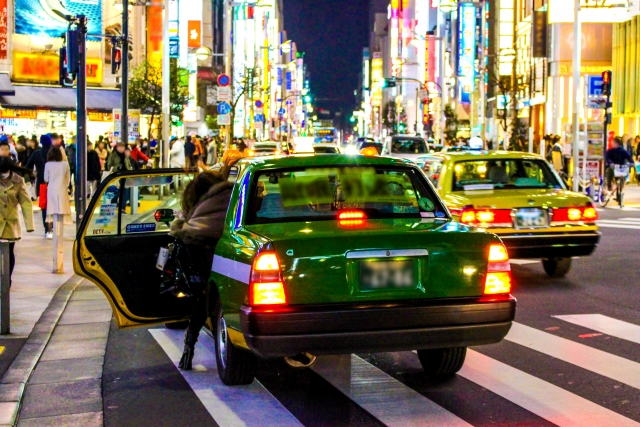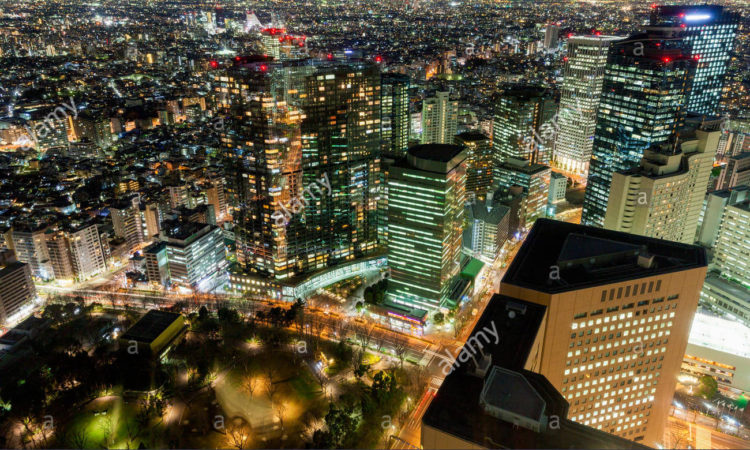Wanna know more about Japanese authentic food? Check it out!

First things first, let’s start with an introduction to what NHK is.
NHK is a Television Channel which consists of mostly educational programs and documentaries. If you watch late at night, you might find classes in different languages, math, science as well as documentaries talking about all kinds of topics, ranging from ancient times to animals, any and all kinds of topics. If you are a fan of sumo wrestling, this is also the channel where you would tune in to see the fights. NHK is also known for its news programs and the end of year music festival, all in all It’s Japan’s national public broadcasting organization.
While NHK airs in both cable and national TV, it is worth pointing out that there is a service fee for receiving this channel, usually paid by the user every 2 months, every 6 months or every 12 months. And the fee, of course, differs depending on how many months you are paying, but usually, a month is about 1,310 yen on national TV, and 2,280 on Cable TV.
1. Do we have to pay NHK? Can we avoid it?
This is a question that a lot of people have, the truth is not only foreigners, but Japanese people as well wonder about this. And the answer is both simple and complicated at the same time.
To make things simple the answer is YES, you do have to pay for NHK, there is even a law that states so. If you have a TV, then you are required by law to enter into a contract with NHK and pay the service fees.
2. You are obligated to sign a contract with NHK if you have a TV
Now to make things complicated while you do have to pay, there is a loophole to this rule. First of all, you only HAVE to pay IF you have entered into a contract with NHK, so if you accidentally signed the dotted line, then you HAVE to pay. Otherwise NHK can sue you for breach of contract and they would win. Now if you didn’t sign a contract there is no way for them to force you to pay, and there is nothing that they can do legally. See while the law says you have to pay, there is no law to enforce this, as long as no contract has been signed, you are free to ignore the NHK collectors without the fear of legal consequences.
What should you say when NHK comes to you?
To tell you the truth when the fee collectors come, the best possible way to avoid them is to simply ignore them, and not open the door.
3. Why? Can’t I just say NO and they’ll leave me alone?
Well, you can try but beware that you might start up the conversation with the will to say NO, but end up signing anyways if only to get them to leave. I don’t know how they are trained, and I can only guess that they are paid by commission because the way they come at you to sign this contract is certainly like something I’ve never experienced before or probably never will hereafter.
See I have a story about this, and please keep in mind that my case wasn’t one of the worst. I’ve heard horror stories about these collectors that far outweigh mine, whether they are true or not I don’t know but to give the readers a clue of how these things work I will give you an example of what happened to me.
When I was a college student, still in my first year, I started living by myself when one day the NHK collector came, still being new to this I made the mistake of opening the door. He was a man in his mid-thirties, ringing the doorbell of what in Japan can still be considered a minor. The conversation started normal enough, he said his name, and that he was with NHK, and he asked if he could take up some of my time. I didn’t really have much time, I had a part-time job that I had to get to and I still needed to get some studying and preparation for the next day done, so I apologized to him, and let him know that I was busy.
Little did I know that this was not an answer that he would accept, and that was the end of his politeness, all of the sudden he was like, you DO know that you HAVE to pay for NHK right? It says so in the law. And as long as you are using a Television, you MUST sign this contract. He took out his contract sheet and started explaining to me how I was going against the law, that this wasn’t an optional fee, and taking a threatening tone about how I could get in legal trouble if I refused.
After almost half an hour passed of him explaining and trying to convince me to sign, I finally got a word in, to explain to him, how I didn’t have a TV, that I only had a computer to use the internet but I didn’t really watch or own a TV, so I didn’t watch NHK or any channel for that matter. He didn’t believe me of course, and he wanted to go into my apartment to check if I was telling the truth or not. He even reached for my door to open it more and see inside my apartment, at that point I became a little afraid, and really desperate to get out of this situation, so I told him, to please leave, I have no TV and hence should not need to pay or even sign a contract. He did end up going but he was still skeptical, and even after that the NHK collectors would still come to my door, but I never made the mistake of opening the door again. Now this was years ago, and NHK did receive a lot of backlash for the way the collectors would often force people to sign contracts against their will, so now it seems that they have become kinder, and less forceful but still it’s a very unpleasant conversation.
4.You are not obligated to open your door!
The best option is simply to ignore them, you don’t have an obligation to open the door and if they can’t talk to you, then there is no awkward conversation.
This is the way a lot of people avoid contracts. How do you recognize them? Well, usually they are wearing black suits, with a badge hanging from their necks, and a board (to make sure you have a hard space to better sign). Also please know that while unusual they do sometimes come at night. I remember one night I was dropping off a friend and there was a person nearby ringing doorbells. We both soon realized that this person was probably a collector, and if she went into her apartment, he would probably come to ring her doorbell knowing she was in there. Of course she would be unable to ignore him, so instead we waited in my car until he left about an hour later.
5. Oh no I accidentally answered the intercom, what do I do?
In this case the best way to avoid a long conversation is to tell them that you are not the owner of this house/apartment/mansion. If you are not the owner you cannot sign contracts regarding payments for services provided to that property hence, they will probably leave, with the promise to come back at a later date.
If the collector is persistent, you can always ask them directly to leave. If they continue to harass you, then you can kindly let them know that they are harassing you and you will call the police if this continues. I personally think this is a last resort, but you do have to be firm if you want them to leave. It is never okay for a person to keep threatening you, and if they are on your property, they are trespassing, and it is your right to call for help if you are afraid for yourself or the situation.
6. It is possible for you to avoid NHK.
The answer is yes, how you do it or whether you even want to do it is up to you. You do have to beware that if you do decide not to pay, then you will probably always be playing a game of cat and mouse with the collectors, say you are returning home from work at 8 pm and you see a man near your house, chances are he could be NHK. So anytime you are returning home, or anytime your doorbell rings, and you aren’t expecting someone, you do have to be careful, it could be THEM!!
I want my fellow foreigners to know that it is okay to say NO, but also know that if NHK collectors realize that you do have a TV, and are simply refusing to pay, then contract or not they can sue, and win. When you are refusing to sign the contract please be careful of the words you use, if you speak too specifically, then it can always be used against you. Also, be firm, but not unpolite, and never cause any harm to the collectors no matter how frustrated you are, they are just doing their jobs after all.
I do want to make it clear that in no way do I mean to say that you should avoid them, or not pay NHK. I do believe that they provide a service that is both useful and necessary for people living here in Japan. During times of emergency (Typhoons, earthquakes etc.) NHK delivers essential information, sometimes at the risk of their own lives and this information can lead to saving people’s lives. The fact is in times of emergency phone lines go down, so you may not be able to contact your family or friends, but through Television or Radio Channels you can let people know you are safe, and this allows the government to keep track of who needs rescuing, or who is missing, and it facilitates rescue missions. The problem I see with NHK is not that they charge fees, it’s more that they take away a choice people should have. They do not allow us to cancel the channel if we do not wish to pay. Instead, they forcefully try to make us sign lifelong contracts. My personal opinion is that if you explain to people the merits of having this channel, in a country like Japan filled with natural disasters they would understand the need of its service and be more willing to pay the fees.
Overall the decision falls in your laps, whether you are willing to pay the fees or whether you want to go against the system is up to you. You do not have to fear legal action as long as you have not consented to pay. But you will deal with the unpleasantness of having to turn them down every once in a while. It comes down to which one is the bigger evil, paying up or avoiding collectors. As a foreigner is easy to agree to a lot of things simply because we are not used to this culture, we are outsiders, and we feel the need to go along with whatever the Japanese tell us assuming it’s the right thing. But the truth is asking questions and doing research before signing on the dotted line is sometimes better because at times there are better options, or you can better protect yourself from unpleasant situations.
I do hope that this article helps my fellow foreigners at least have a better idea of what NHK collectors are, and how they should prepare themselves for such encounters. Good luck!!
Wanna know more about Japanese authentic food? Check it out!




